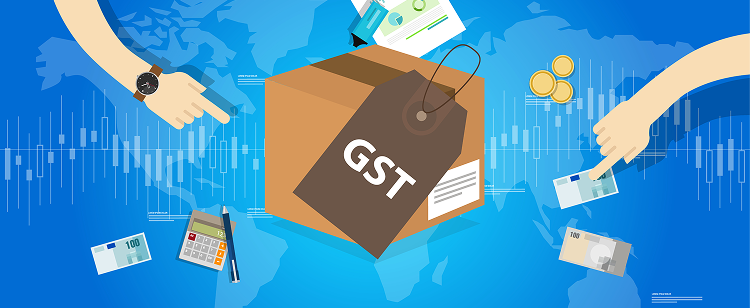
From January 2020, Goods and Service Tax (GST) in the city-state has been extended to include not only locally procured services, but also foreign digital services. Therefore, this blog will provide you in detail with what the targets of this new rule really are and how it may affect your business. Keep reading!
What Kind of Service Is Taxed?
It appears to be the case that more than 100 service providers from overseas, which have registered for GST under Overseas Vendor Registration (OVR) in Singapore, will charge GST on the sale of their digital services to customers or buyers in Singapore, from the beginning of 2020. But how are digital services defined in such new rule?
Digital services are the services:
- Being supplied over the Internet or an electronic network with minimal or no human intervention; and
- Being impossible to operate without information technology.
Below are some of the most common examples in different categories:
- Downloadable digital content: such as mobile apps, e-books, and movies.
- Subscription-based media: such as news, magazines, streaming and online gaming.
- Software programs: such as photoshop tools, anti-virus software and office suites.
- Electronic data management: such as website hosting and cloud storage.
Who Is Applied to This New GST Rule?
Not every foreign supplier is the target of such rule. In fact, only the overseas digital service providers meeting these criteria are required to register for and charge GST to their buyers in Singapore:
- Annual global turnover exceeding S$1 million
- The sale of digital services to customers in Singapore in 12 months reaching more than S$100,000.
How Does This Affect Your Business in Singapore?
The way it works depends on whether a business has registered for GST or not.
Non GST-registered Business
If customers are non GST-registered businesses, then foreign service providers will receive, declare and pay GST to IRAS. For instance, you have to pay S$107 for an anti-virus software, instead of the original price of $100 due to 7% tax rate, which will be included in the invoice.
GST-registered Business
GST-registered companies making purchases to overseas digital services will have to pay GST to IRAS via Reverse Charge. To be more specific, Reverse Charge means local customers paying directly GST to the tax authority on the imported services. Whereas the OVR means foreign suppliers pay the collected GST to the tax authority. Both take effect from the beginning of 2020.
Moreover, GST-registered businesses should provide the overseas suppliers with their GST registration numbers so that GST will not be charged in the bill.
Additional Advice to Customers
Customers must take responsibility for providing accurate and complete information, since foreign suppliers will use this information to determine whether or not the customers reside in Singapore and collect GST accordingly. Sending false information will be considered as a serious offense.
Furthermore, remember you can always check the registration for GST of an overseas service provider by using the searching tool on IRAS website to determine if you need to pay GST to the service provider in question.
There you have it, a new GST rule in 2020! Don’t just stop here, learn about other aspects of GST in Singapore with us!
Disclaimer: While BBCIncorp strives to make the information on this website as timely and accurate as possible, the information itself is for reference purposes only. You should not substitute the information provided in this article for competent legal advice. Feel free to contact BBCIncorp’s customer services for advice on your specific cases.
Industry News & Insights
Get helpful tips and info from our newsletter!
Stay in the know and be empowered with our strategic how-tos, resources, and guidelines.





